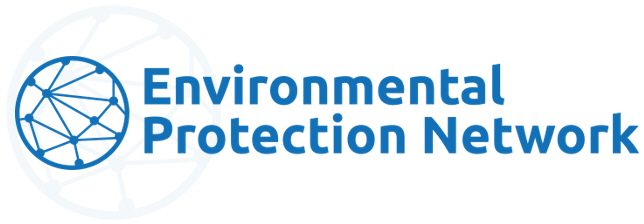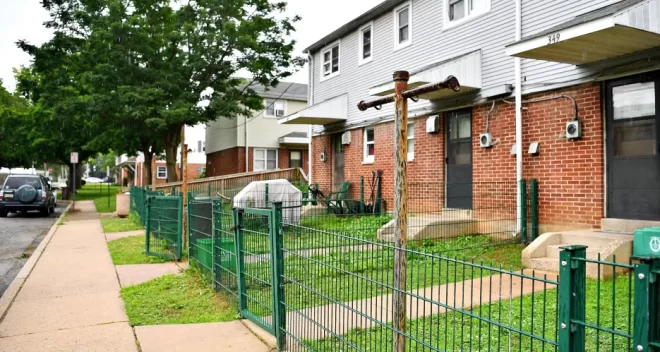EPN’s pro bono Capacity-Building Technical Assistance Program formally launched in June 2021 as one of our main priorities. In the first seven months, we connected our volunteers—scientists, lawyers, economists, and others—with almost 85 frontline communities on issues from permit reviews, to protocols for gathering water and ambient air samples, to background information on Superfund sites, and more. We facilitated close to 100 hour-long Zoom calls between our experts and community leaders, our experts put in close to 100 additional hours of background research and sent countless emails, and this work has forged connections that will last for decades.
We have been inspired and energized by the vision and drive of the community members we are working with during this critical time of transformative change. They are seizing the moment to level the playing field and begin restructuring the system that created current inequities. It has been humbling to see how quickly this work has taken off and incredibly rewarding to be a part of the tangible health and environmental impacts our volunteers, in partnership with community leaders, have made in neighborhoods across the country.
Below are a few examples of our technical assistance work in 2021:
- Expertise in Superfund to a community group in Indiana as they work to access more localized data on PCE and TCE exposures and think through how to make information accessible and digestible for residents.
- Identifying protocols for gathering and sending water and ambient air samples for a Texas community group to see if a large refinery was violating EPA’s benchmark target for long-term benzene exposure.
- Expertise in sewage issues for an organization in Illinois preparing for litigation against the city due to devastating sewage and flooding issues.
- Technical support to a national NGO assisting a community in Alaska where local drinking water supplies have been heavily contaminated by PFAS from the use of firefighting foam at a local airport.
- Technical guidance to a community in South Carolina experiencing repeated flooding on how to effectively interface with EPA and state officials.
- Expertise in hazardous waste permitting for a national NGO representing a community in Ohio to identify issues with a draft renewal permit for an incinerator.
- Technical advice to a community group in Texas on the use of low-cost air monitors when they realized that neither the state nor EPA would accept the data they had been collecting.
- Background information and expertise to a university hydrologist working with a community in Michigan to mitigate flooding and wetlands damage due to increased commercial development.
- Technical assistance to a community in Alabama fighting a proposed graphite mine as well as remediating the watershed polluted with PCBs.
- Technical assistance reviewing and summarizing an environmental impact statement for a community in Louisiana, where a project to divert part of the Mississippi River to rebuild coastline would cause major disruptions to the fishing community.

